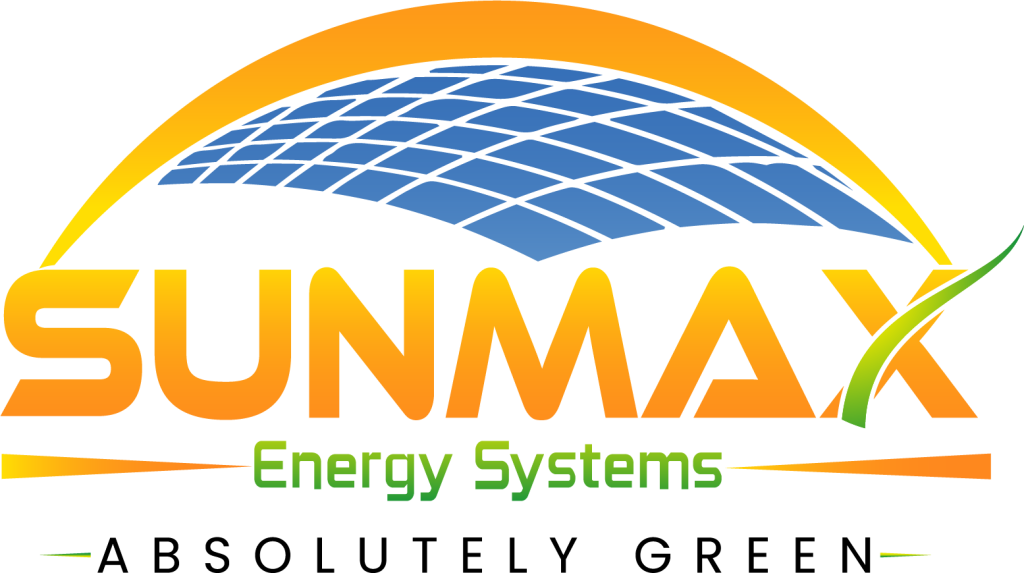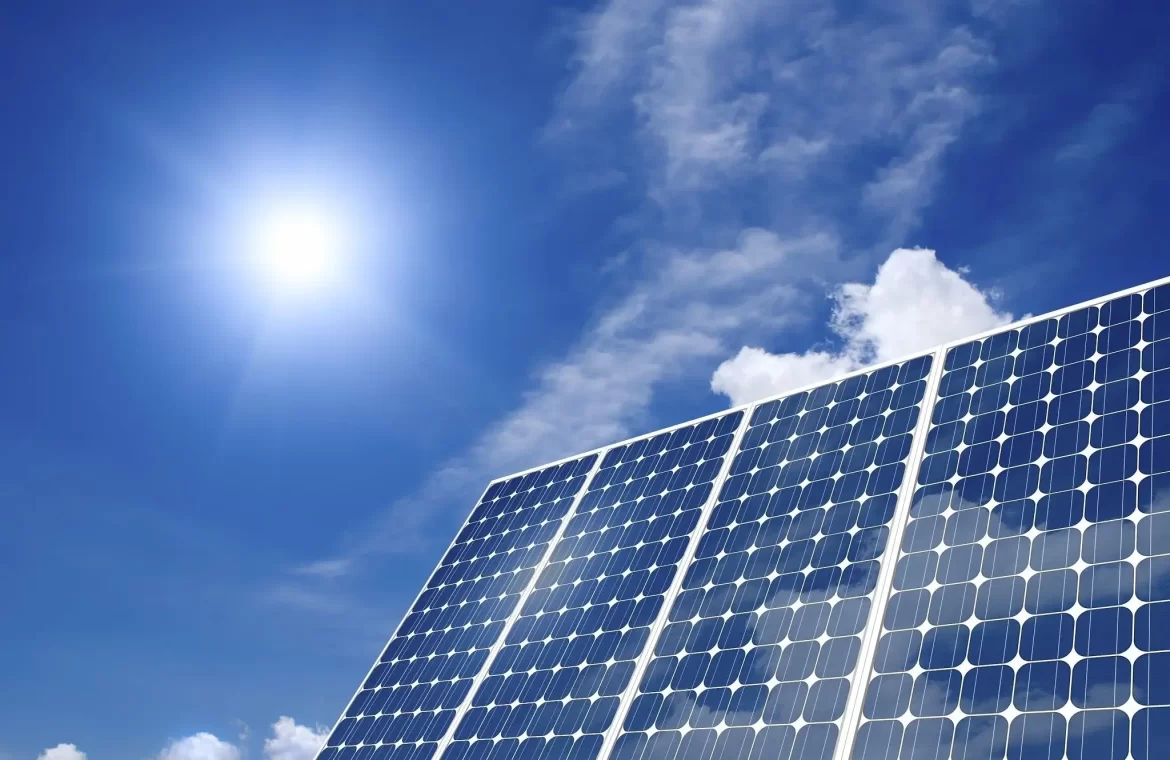Solar systems, also known as solar power systems or solar energy systems, are installations that harness the sun’s energy and convert it into usable electricity. Solar systems offer a clean, renewable, and sustainable energy solution for various applications, from residential homes to large-scale commercial and industrial facilities. Here are the key components and types of solar systems:
Components of Solar Systems:
- Solar Panels: Solar panels, or photovoltaic (PV) modules, consist of interconnected solar cells that absorb sunlight and convert it into direct current (DC) electricity.
- Inverter: An inverter is a device that converts the DC electricity produced by the solar panels into alternating current (AC) electricity, which is used to power electrical devices and appliances.
- Mounting and Racking: Solar panels are typically mounted on rooftops, open fields, or solar tracking systems to maximize sun exposure and optimize energy generation.
- Balance of System (BOS): The BOS includes components such as wiring, switches, fuses, circuit breakers, and monitoring systems that ensure safe and efficient operation of the solar system.
Types of Solar Systems:
- Grid-Connected Systems: Grid-connected or on-grid solar systems are connected to the local power grid. They enable users to consume solar-generated electricity and draw power from the grid when needed. Excess energy can be fed back into the grid, often resulting in credits or compensation.
- Off-Grid Systems: Off-grid solar systems operate independently of the power grid. They incorporate battery storage to store excess energy generated during the day for use during periods of low sunlight or at night. Off-grid systems are commonly used in remote areas or locations without access to the grid.
- Hybrid Systems: Hybrid solar systems combine the benefits of grid-connected and off-grid systems. They incorporate battery storage to store excess energy and provide backup power during grid outages while still allowing for grid connection and net metering.
- Solar Water Heating Systems: Solar water heating systems utilize solar thermal collectors to capture the sun’s heat and heat water for domestic or commercial use. These systems are particularly effective for providing hot water in residential and commercial buildings.
- Solar Pumping Systems: Solar pumping systems utilize solar energy to power water pumps for irrigation, agricultural purposes, or water supply in remote areas. They offer an efficient and sustainable alternative to traditional diesel or electric pumps.
Solar systems offer numerous benefits, including reduced energy costs, decreased reliance on fossil fuels, lower carbon emissions, and increased energy independence. Whether you’re considering a residential, commercial, or specialized solar system, consulting with a professional solar installer or energy expert is recommended to assess your specific needs, design an efficient system, and ensure compliance with local regulations and standards.


